In an effort to be as sustainable as possible, we have undertaken a mission to reduce waste at our schools. This is a long-term project which has happened in many stages over the years. This blog post will highlight a few of these efforts. Some are home solutions, some involve our franchise location only, others involve the entire Smith’s system.
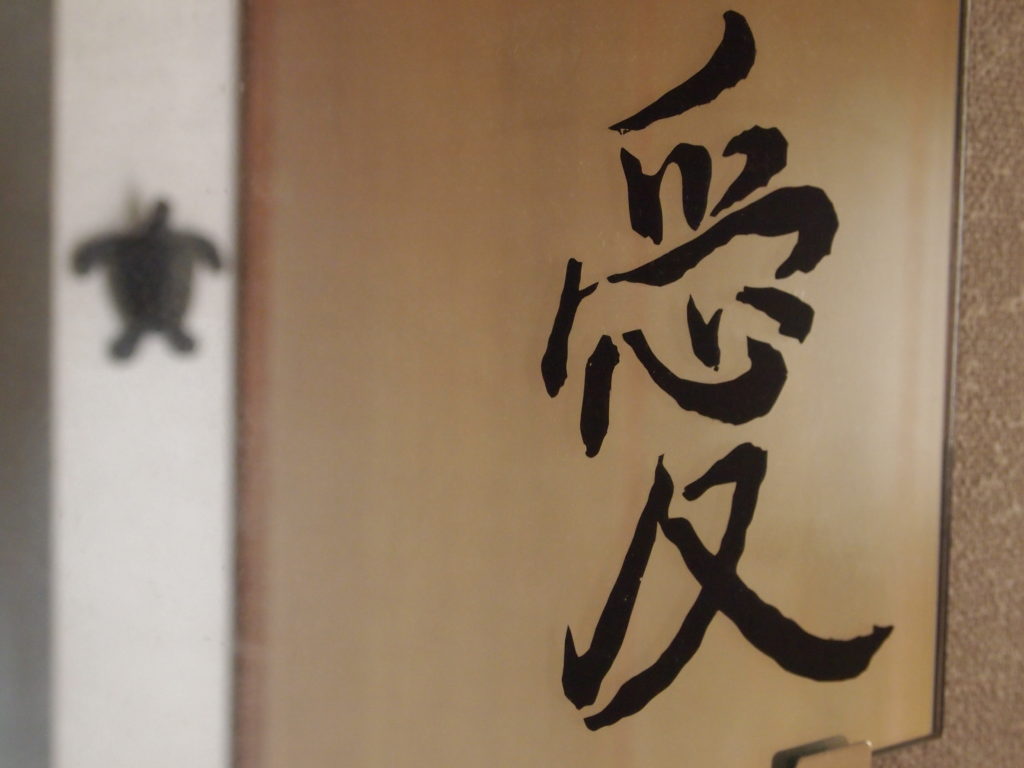
Big things which are damaged can always be made into smaller things!
Sustainability means making the most of everything we have.
Introduction
Hello, this is Edward from Smith’s School of English in Otsu, Shiga prefecture. I have always tried to be a minimalist, aware of the impact my personal choices make on our planet. At home, my partner and I make conscientious choices when shopping, cooking, cleaning and making family plans (here’s a blog post I wrote about collaborating with a local take-out shop). When we joined Smith’s Franchise System in 2007, we were very impressed with head office’s efforts towards making a sustainable and Eco-friendly company.
I hope that you enjoy this blog and that you take something away from it: either an idea on how to live more sustainably, or maybe just some inspiration to take action. This is our world, let’s take care of it.
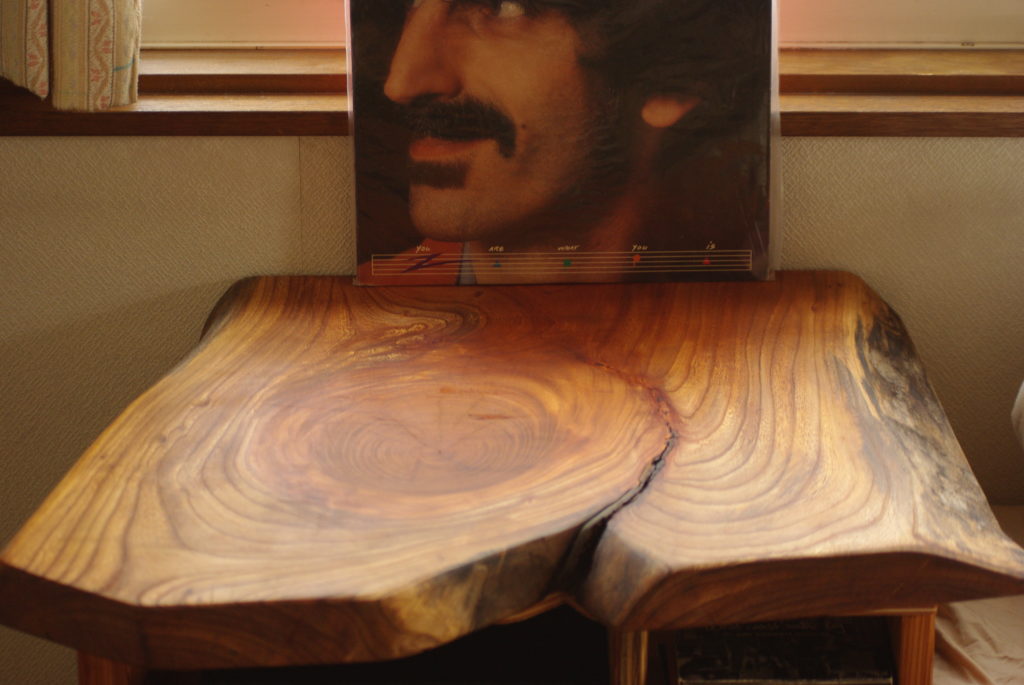
Its beauty is in its imperfections, and I built it strong so it will last forever!
Sustainability means finding beauty and bringing it to fruition.
Sustainability
Whether at home or at work, sustainability is a big part of my life. It is a basic principle which guides my decisions. Whether we are discussing financial sustainability or environmental sustainability, the principles are the same. How will this decision affect me now and into the future? What effects will this decision have on my life, the life of my students and business, and the planet? This is what is known as Triple Bottom Line thinking (People, Planet, Profit), which is a key concept in sustainability. Allow me to give some concrete examples.
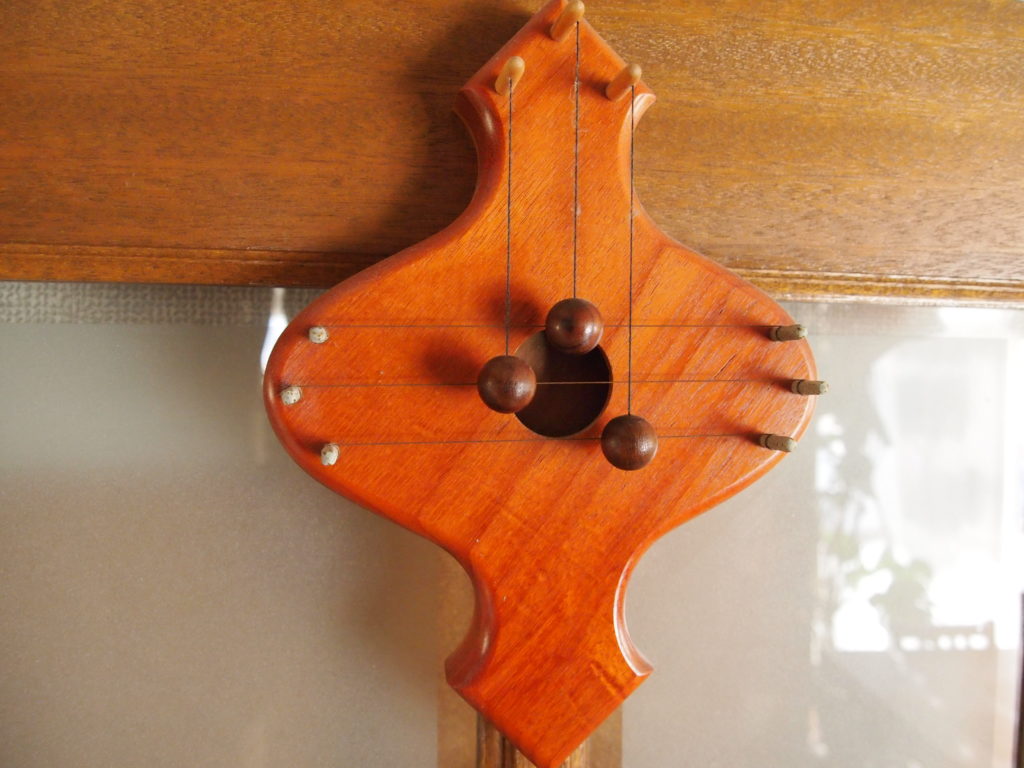
He uses pieces that are too small for guitar bodies, and broken guitar strings.
Sustainability means using your skills and resources to their fullest.
Downsizing
Downsizing, sometimes translated into the Japanese concept of “danshari”, is a simple way to make your home and business more sustainable. This concept was recently popularized by the cleaning guru, Marie Kondo. Here are a few things we do to downsize our lives at home and our franchise English school.
Simplify Processes, Buy Less, Think About Feng Shui
- Simplify processes. We used to keep a huge selection of drinks on hand. When a guest stops by, we had lots of options to offer them. However this requires a lot of space and storage containers. Also, some drink products have a lot of packaging. We have downsized by selecting a few drinks: those we like best and are able to afford, and come in Eco-friendly packaging. Another process to consider is commuting. Check out Al’s blog about his new electric bicycle HERE.
- Buy less. This sounds obvious, but does require some effort. For grocery shopping, we only shop around the outside edge of the store: fresh foods, nothing processed. Making an effort to cook from scratch allows us to buy fresh foods, which tend to use less packaging, or none at all, or fully recyclable packaging. Also good for our health. At our school, we have worked hard to create a paperless office (see more about this below). No more fax ink, no more printers and paper, no more textbooks and printouts and so on. We save money, and we save the earth.
- Feng Shui. Known as Fuu Sui (風水) in Japanese, this is the concept of having a well laid-out room. Positive energy can flow well around the room. Considering this concept, we lightened our rooms. We got rid of the things we didn’t need. At home, this meant no more TV, no more TV stand, no more sofa in the middle of the room. The basics only, more space to breathe, less stuff to maintain and replace. At our school, the same. We got rid of the TV, built a new simple, streamlined bookshelf and got rid of the shelves we didn’t need. Buying good quality furniture, that will last a lifetime, is also a great way to save money and the environment.
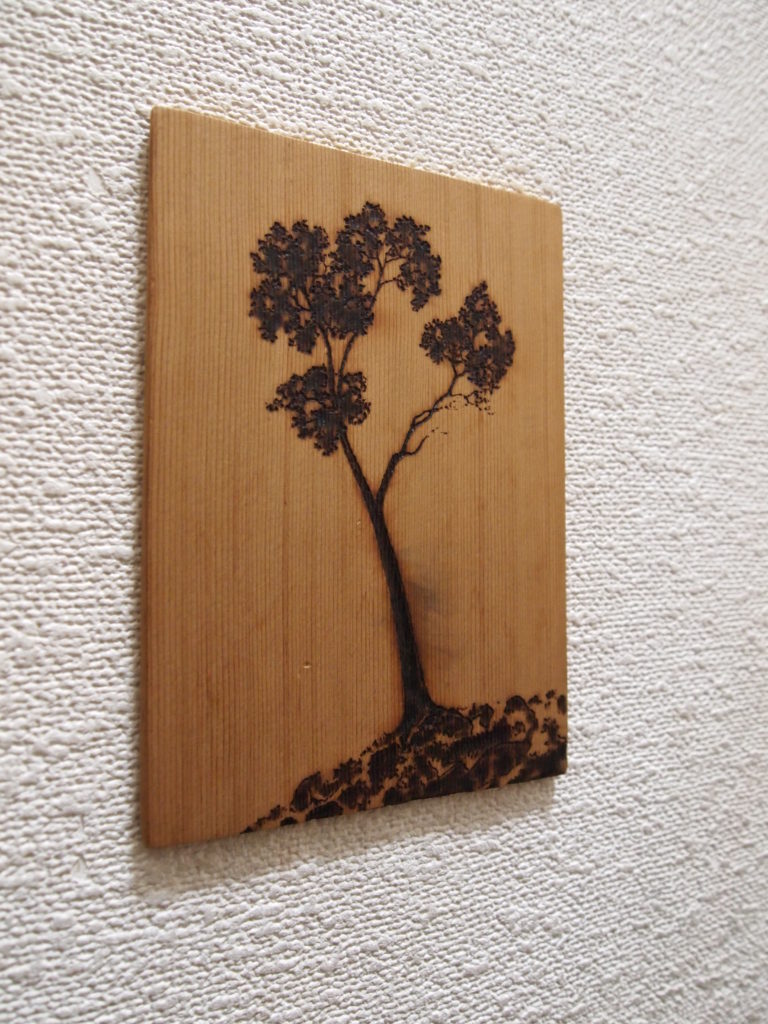
Upcycling
Up-cycling has become a hobby for me. I love finding a new way to use something that would otherwise be heading for the garbage. The easiest way to create a sustainable lifestyle is to reuse items, to get the most out of everything we have. Here are some fun ways we up-cycle common goods for use by ourselves, our kids and our students.
Wall Calendars, Coffee Grounds, Glass Jars and More!
- Wall Calendars: At home, we chop up the pictures from old calendars to make puzzles for our kids. At our school, we frame nice calendar pictures to display. Desk Calendars: some students buy daily English desk calendars. Once the year is over, they have a pile of 365 note-sized papers, usually with some English phrase on one side, and a black back. We use these as notepaper for giving notes to students.
- Coffee grounds and Tea Leaves. Does this count as up-cycling? We dry them and make room odor-eaters. Dried coffee grounds and tea leaves absorb odors, while also releasing their own nice smells. After using them as deodorizers, we dump them into the garden, where they become beautiful, rich soil. Double re-use!
- Glass Jars. Literally a-million-and-one uses. When shopping, buying a solid glass jar is always a good choice. Other than the awesome “recyclability” of a glass jar, they are easy to clean and sanitize, and strong. We use them to hold bulk items, to make game sets, to organize pens, to make gifts for students, and on and on. As a vase, as a summer BBQ glass (instead of a paper or plastic cup), as a container for carrying lunch items, they can even be used for shopping at supportive supermarkets! Glass is the ultimate sustainable item in my opinion.
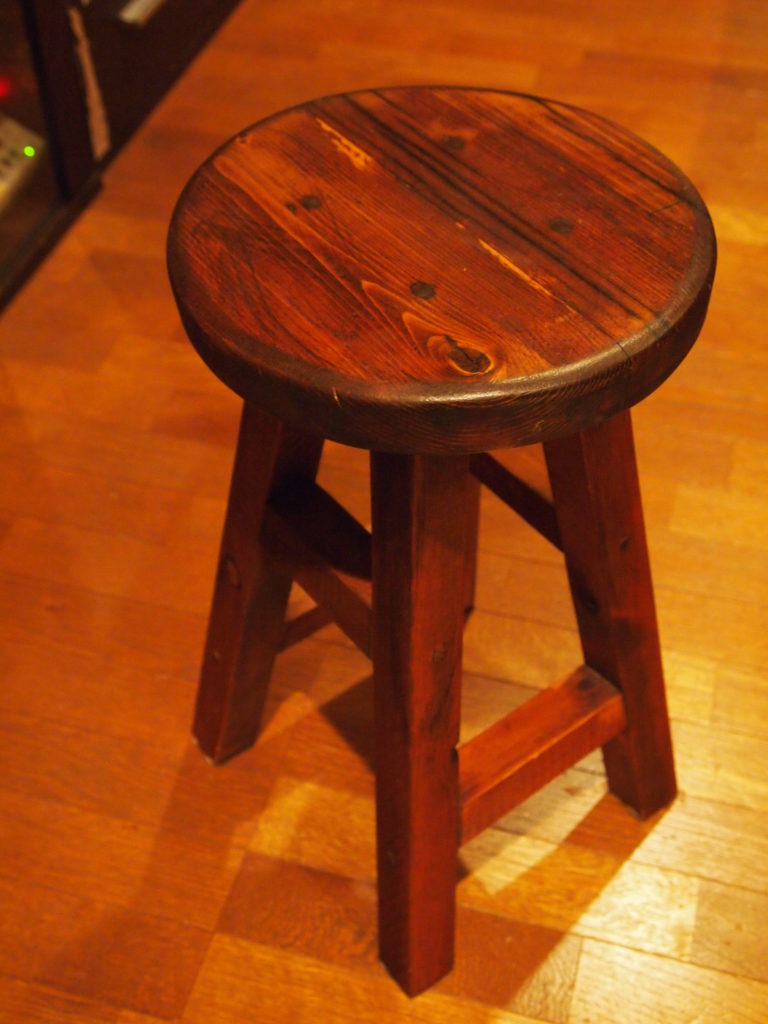
Smith’s Paperless Office
As mentioned above, Smith’s head office worked hard over many years to provide us with a paperless office system. A paper-based system, requiring machines and paper and ink is simply not sustainable in the long-term. This process of creating a sustainable, paperless office involved several steps.
First was to set up internal systems of communication. This allowed us to move away from fax and traditional post. We could communicate with head office and with other franchisees and coaches easily through in internal system.
Next was creating an online curriculum, which allowed us all to use classroom monitors rather than print textbooks and resources. In the past if there was 1 small change to a textbook, we had to reprint and send out new copies to all franchises. Now, we simply update the digital resource, and then send out an email informing franchises about the change.
Finally, head office developed an online booking system, which allows out students to schedule lessons online. No need for phone and fax. No need for paper requests. Everything is online, 24 hours a day. Teachers love it, franchisees love it, and most importantly our students love it.
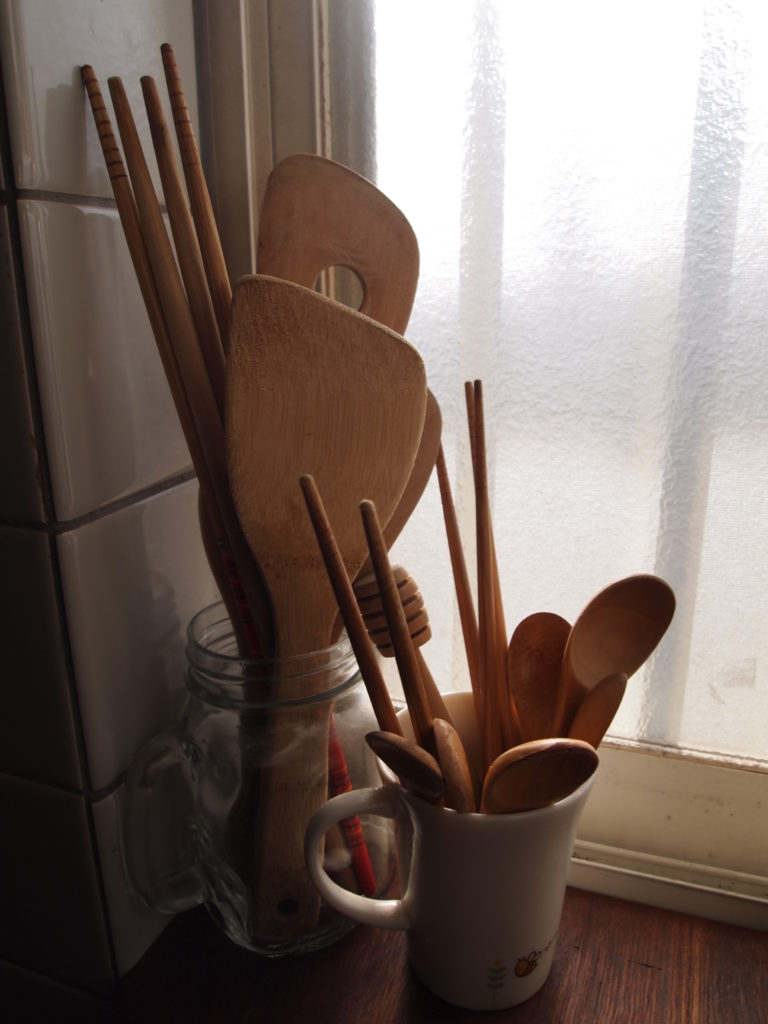
I could go on and on… I hope that you got something out of this post. If we all work together, the world can become a better, more sustainable place. Let’s go!
i, of course! agree wholeheartedly with sustainable living, and applaud your efforts on the steps you are taking to move in that direction .. and your upcycling project are beautiful, edward .. well done .. ✨